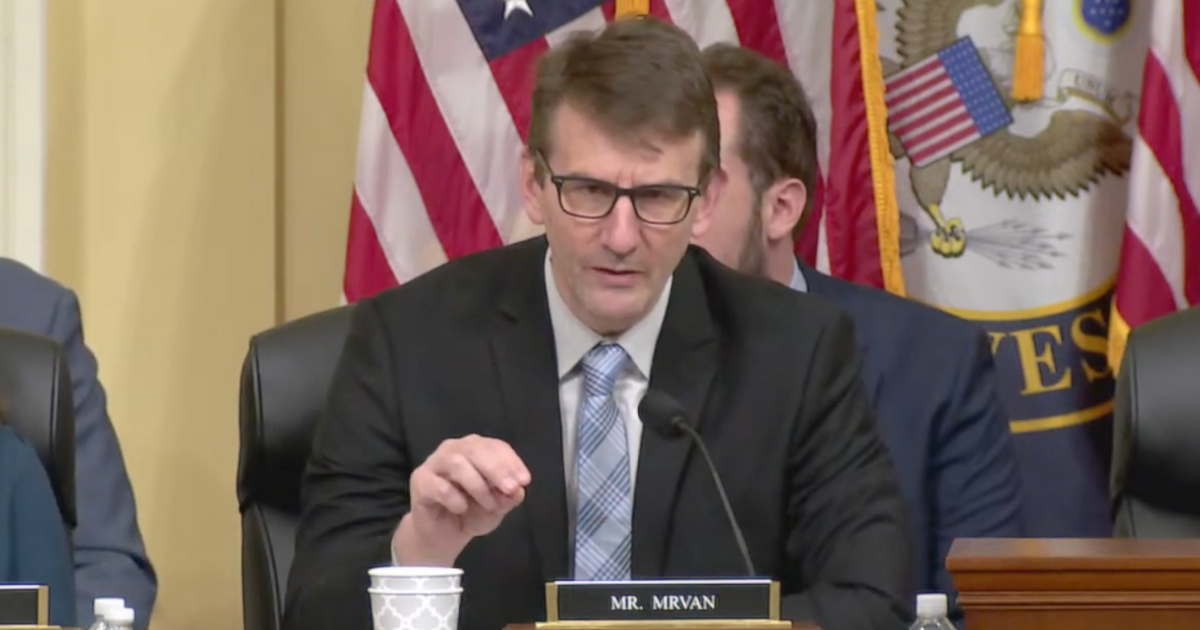Photo caption: Congressman Frank Mrvan
On March 9, 2023, Ranking Member Frank J. Mrvan participated in the House Veterans’ Affairs Subcommittee on Oversight and Investigations hearing entitled “Accountability at the Department of Veterans Affairs (VA): Leadership Decisions Impacting its Employees and Veterans.”
The following is the Congressman’s opening statement as prepared for delivery:
With more than 400,000 employees nationwide, and the second-largest budget in the federal government, VA has a tremendous amount of responsibility. VA’s chief responsibility, of course, is to deliver on its sacred mission of caring for and honoring our nation’s veterans, and their families, caregivers, and survivors. More than 90 percent of VA’s workforce is employed by the Veterans Health Administration (VHA). I have been fortunate to hear from many veterans that they love the care they get from VA, and I fully intend to do all I can to ensure that veterans continue to feel that way.
Like any large organization, especially one that serves millions of patients at more than 1,000 medical facilities nationwide, VHA is not immune from incidents of employee misconduct and sometimes serious lapses in patient safety or quality of care.
It is our Committee’s responsibility to hold VA accountable for such failures. It is bad enough when any veteran suffers harm as a result of such failures. But incidents like these are also harmful to VA’s workforce. Headline-grabbing incidents tarnish VA’s reputation, crush employee morale, and compound VA’s longstanding challenges with workforce recruitment and retention. Lapses in patient safety and serious employee misconduct are especially harmful to VA’s clinical workforce at a time when our entire healthcare system is under strain from pandemic-related employee burnout.
As we discussed at last week’s full Committee hearing, strong, stable leadership is the foundation upon which accountability is built. We also discussed the highly decentralized nature of VHA and governance challenges that have impeded its oversight and accountability.
That’s why last week, I introduced H.R. 1256, the VHA Leadership Transformation Act. My legislation would de-politicize VHA by extending the term of VA’s Under Secretary for Health to 5 years, so VHA and its 380,000 employees will not have to endure leadership turnover with every change in presidential administration. My bill would also remove statutory restrictions on the qualifications of senior executives at VHA headquarters and give VA greater flexibility to determine the organizational structure of the Veterans Health Administration.
Since coming to Congress just over 2 years ago, I have enjoyed the bipartisan culture of this Committee. Healthcare isn’t partisan, and veterans should be shielded from the chaos of the political process when it comes to accessing the healthcare they have earned and deserve. I hope my colleagues will support my bill to bring much-needed leadership stability and accountability to VHA.
Secretary McDonough has made strengthening VA’s workforce his top priority. There will be discussion today that focuses attention on what VA is doing to improve its efficiency in firing employees, and also the challenges VA faces in recruiting and retaining employees. It is important to hold VA accountable for improving its efficiencies and in retaining those who have dedicated their careers to serving veterans.
This hearing also comes at a time when VA finds itself in fierce competition with private sector employers, desperate for doctors, nurses, and other healthcare professionals. I’m hoping today’s witness will be able to provide some insight about the steps the Department is taking to recruit and retain employees nationwide, especially at VHA.
I hope this is the first of many productive Subcommittee hearings this Congress. I look forward to working closely with Chairwoman Kiggans to provide oversight and ensure that VA is doing its very best to deliver healthcare and benefits to veterans.






